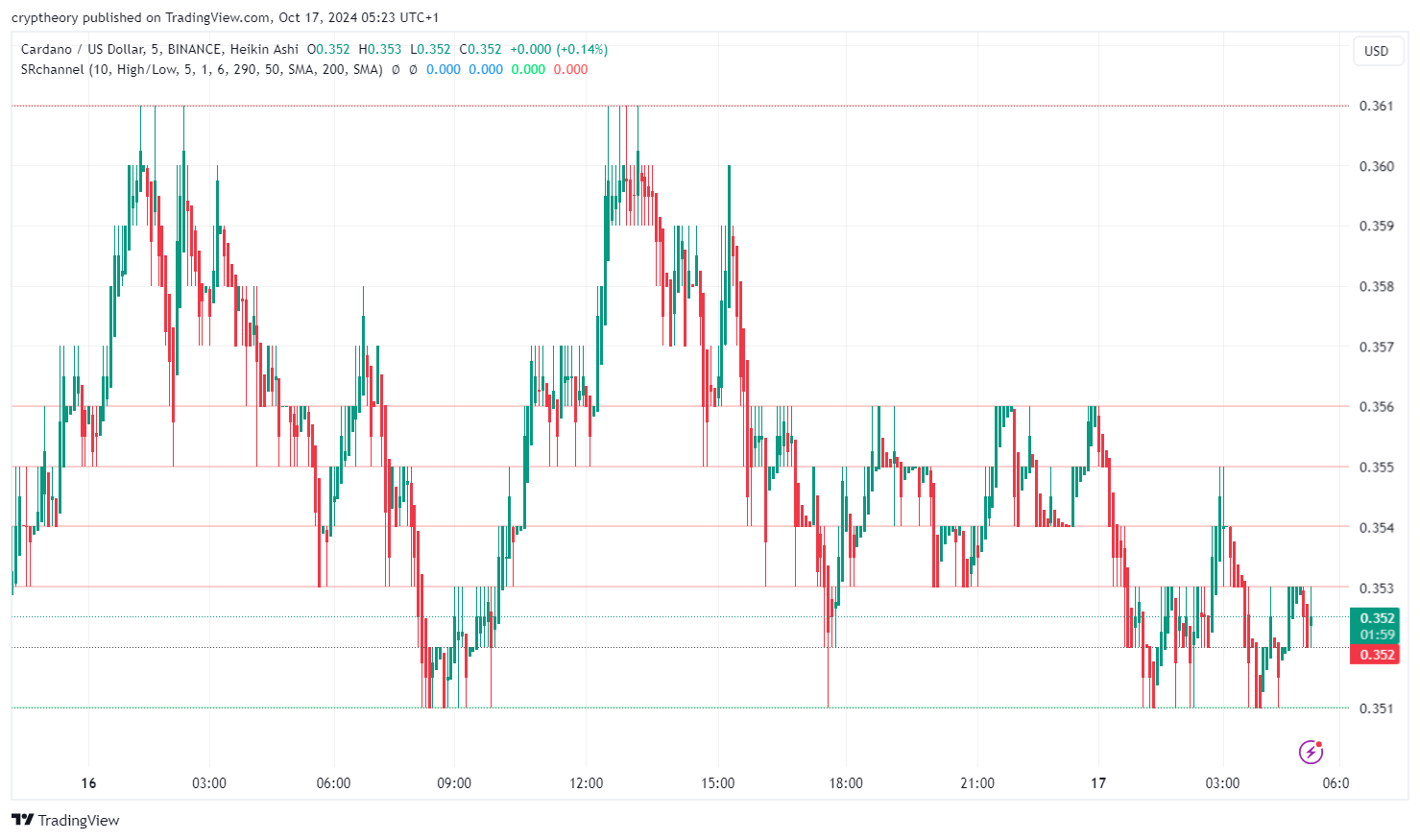US House of Representatives has approved the Infrastructure Bill, a comprehensive over 2,700-page document through which the United States wants to finance the restoration of US infrastructure from taxes collected.
According to preliminary estimates, the Infrastructure Bill should bring up to $ 1.2 trillion in the US state budget from the collected taxes. Of that, $ 28 billion should flow into it directly from the cryptosector. Most of this package was to be paid by the so-called “Brokers”.
The bill passed Congress in a final vote of 228 to 206, and if signed by US President Joe Biden, it will become final. However, it contains several problem points for cryptocurrencies.
What’s wrong with cryptocurrencies?
The US Infrastructure Act contains an unfortunate wording of a “broker,” which lawyers say may refer not only to cryptocurrency exchanges but also, in theory, to BTC miners, Proof of Stake network validators, decentralized software developers, and developers. Even when the law was more crypto-friendly in the Senate, politicians therefore tried to add an amendment that would better define the broker. However, Senator Richard Shelby thwarted their efforts, despite the support of a large part of the Senate.
Under the law, each such broker is required to report information about their customers to the IRS through Form 1099 – their personal information. While in the case of exchanges that comply with the KYC and AML directives, this should not be a problem, for example, developers, miners BTC or authors of DeFi protocoled such a regulation by their very nature have no way to comply.
Another problematic point is amendment concerning the tax code– specifically point 6050l, to which the text was added to the definition of “cash” “Any digital asset“. This section of the Tax Act requires businesses and individuals who receive either physical cash or a bank transfer in excess of $ 10,000 to complete Form 8300 and report the sender’s personal information, such as name, address, and insurance number, to the Tax Office.
However, as in the case of the problematic definition of a broker, many of the crypto-entities mentioned have no way of complying with this regulation, as user information is simply not available. The law states that if he does not do so within 15 days, he will commit a crime.
For these reasons, the Infrastructure bill raises many questions for the cryptocurrency market in the United States, and it is questionable how it will affect it in practice. While the Treasury Department has indicated that companies and developers do not have to worry about problematic definitions, from the Tax Authority’s (IRS) point of view – if it decides to strictly follow the law – bad times may come for the US cryptocurrency market.
5 promising NFT games for 2022






















